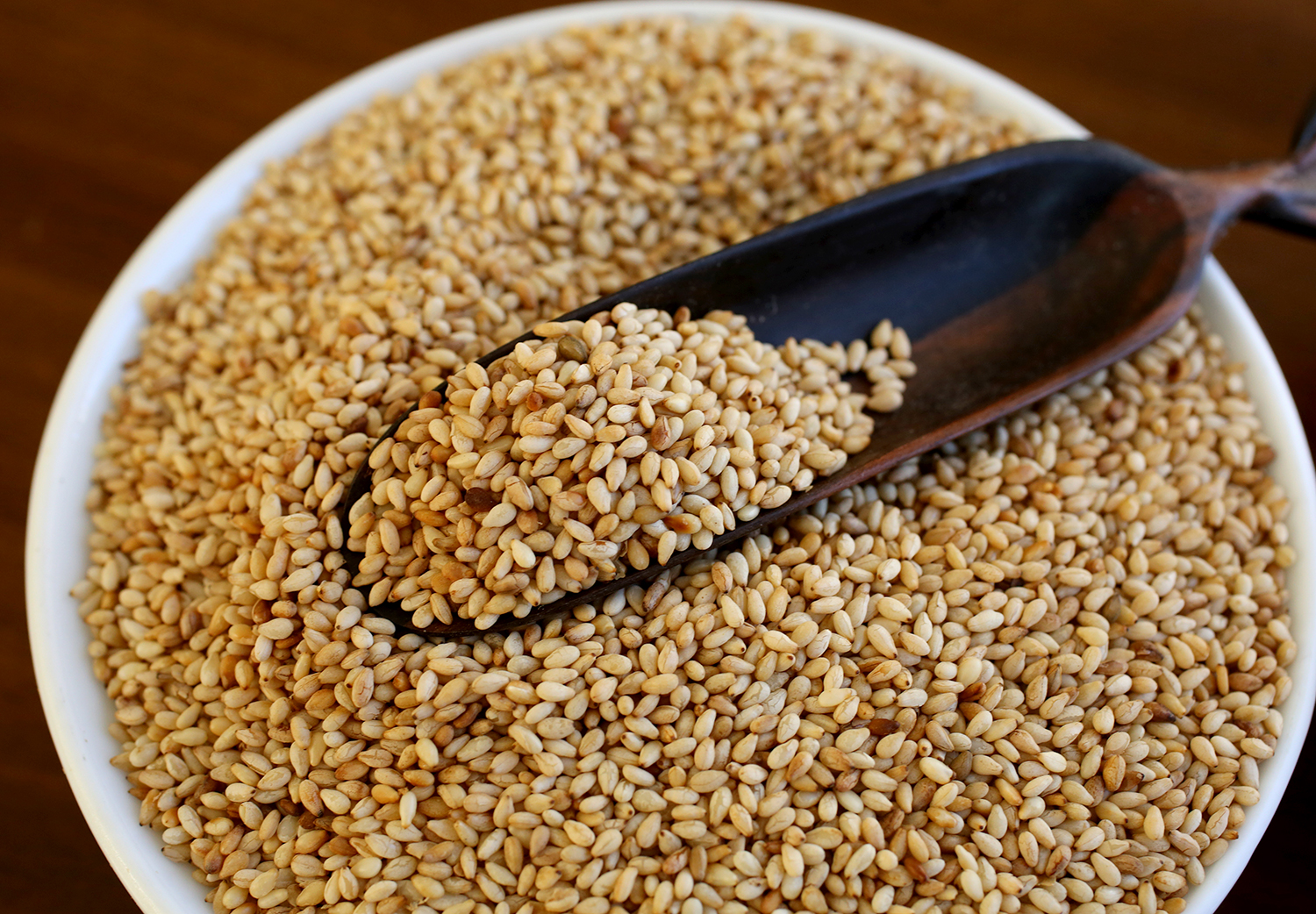Driven by high demand from Asia and the Middle East, sesame seeds are among Nigeria’s most traded agricultural products. A new partnership aims to enhance productivity and broaden market access for the country’s sesame farmers.
At the 9th edition of the Tokyo International Conference on African Development (TICAD 9), a quartet of partners—Olam Agri, Kadoya Sesame Mills Inc., the International Fund for Agricultural Development (IFAD) and MC Agri Alliance—joined forces to improve “improve processing and quality standards with direct support for farmer livelihoods,” according to a letter of intent that was signed by all parties.
This is not the first time Nigerian agriculture has been sustained by collaborative solutions. IFAD has, for decades, invested in small-scale farming, backing projects that provide training, modern farming tools and cooperative structures.
The LIFE-ND initiative, supported by IFAD and the Niger Delta Development Commission (NDDC), is leading a wave of success stories within the oil-producing region. Hundreds of enterprising young Nigerians—referred to as food soldiers—are being trained in sustainable farming practices.
The sesame alliance borrows from these models, scaling up their lessons to build resilience in a globally competitive sector.
This new initiative also features training in mechanised farming, addressing a long-drawn-out challenge for sesame farmers. This training will enable many sesame farmers to gain access to mechanised equipment, boosting efficiency and output. What’s more, training programmes will ensure that these tools are complemented with climate-smart practices that conserve soil health and water.
Similar countrywide projects—introducing irrigation systems and better soil management techniques—have increased yields within just a few harvest cycles. The sesame partnership seeks to replicate such breakthroughs, helping farmers meet both local needs and international standards required by premium buyers like Japan.
But the partnership’s greatest strength may lie in stronger market linkages. Nigerian farmers have long suffered from weak bargaining power, often left at the mercy of middlemen who buy their produce cheaply and reap the profits abroad.
This initiative bridges that gap by connecting farmers directly to international buyers like Kadoya Sesame Mills, ensuring fairer prices and guaranteed access to the market.
Cassava and cocoa cooperatives in Nigeria have demonstrated how collective bargaining and direct access to buyers improve incomes and reduce exploitation. With sesame following suit, farmers can expect not just higher yields but also more reward for their labour.
Combining sustainability, mechanisation, market access and farmer empowerment, this collaboration is a blueprint for resilience
The Olam Agri-led initiative demonstrates how public-private partnerships can uplift small-scale farmers to meet global demand. Beyond its apparent benefits for Nigeria and Japan, the deal offers lessons on how cooperation can solve deeply rooted challenges across the world.
Summary not available at this time.






